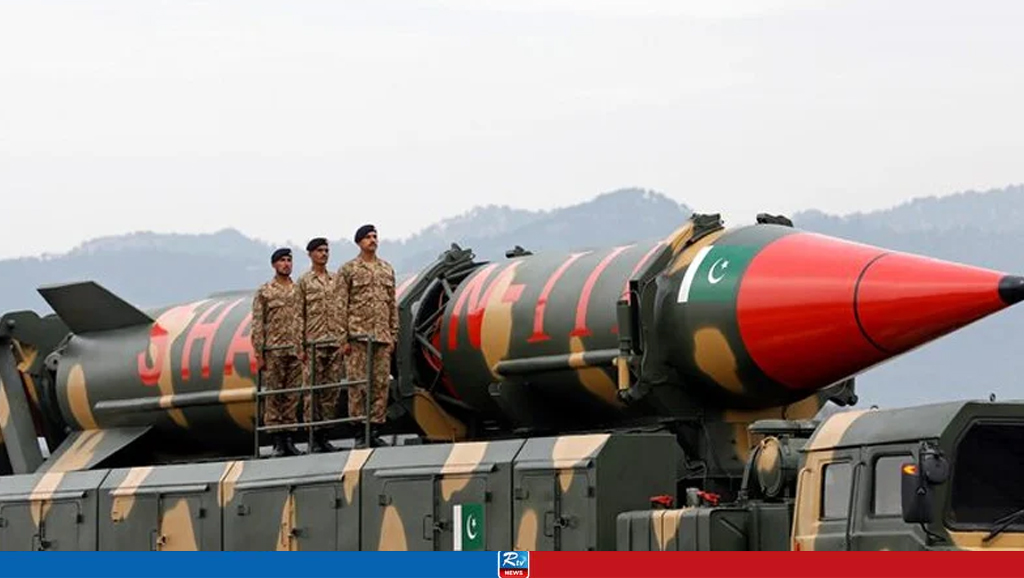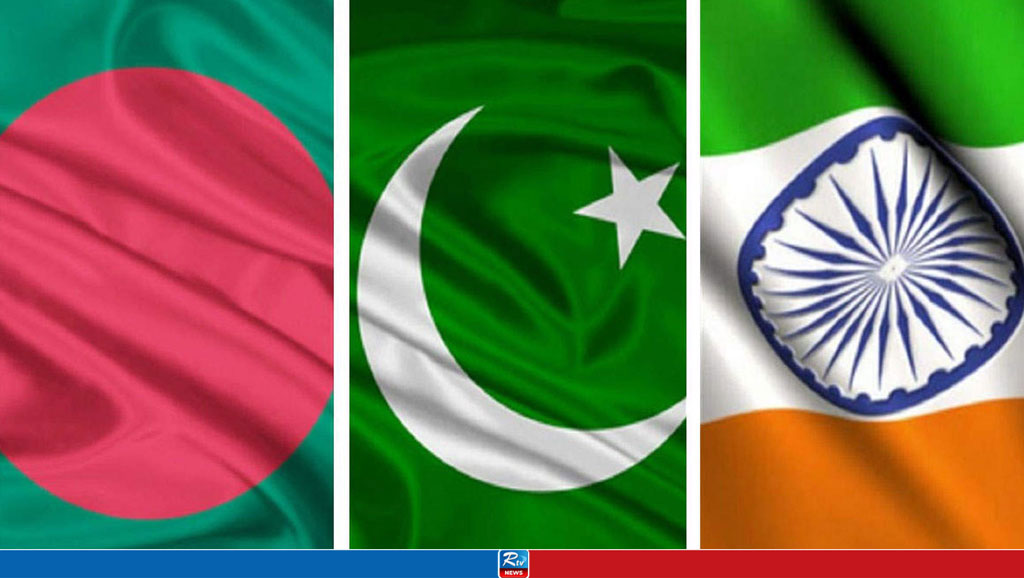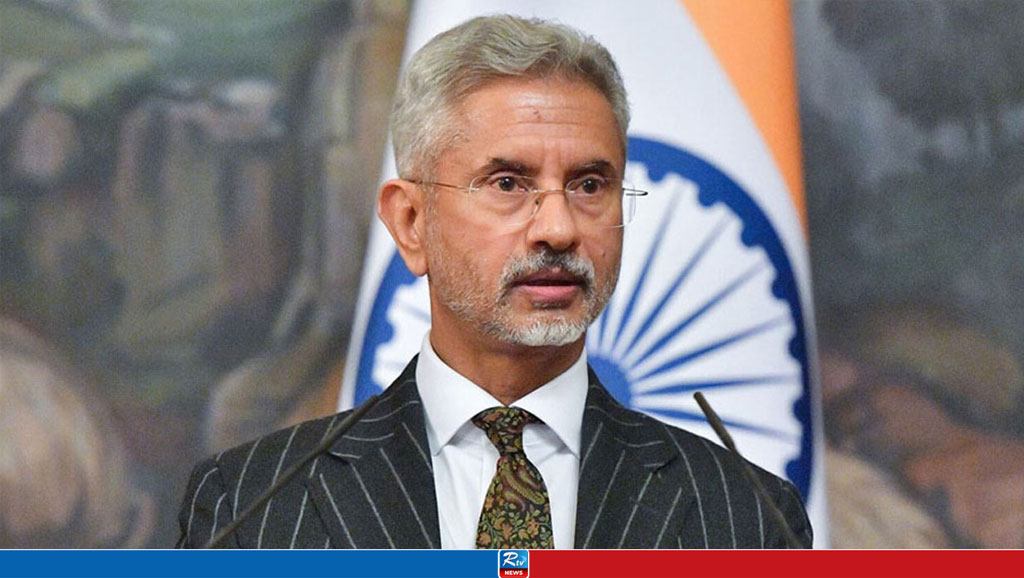Mian Saheb Back on Saddle
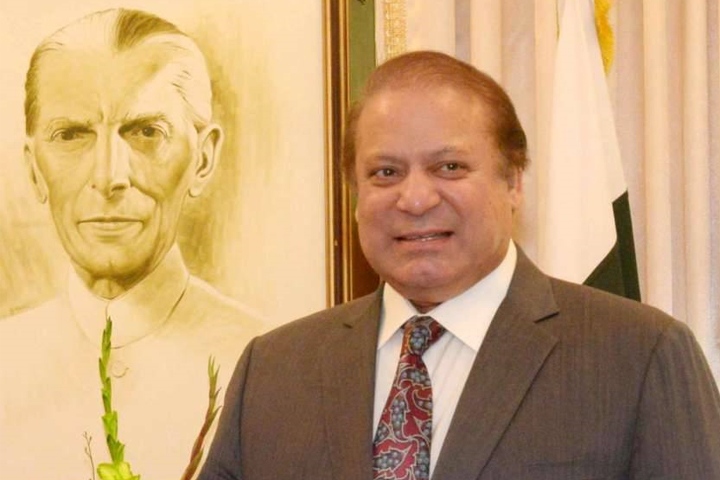
Three-time prime minister of Pakistan Nawaz Sharif has just returned home amidst rumours that he might achieve a rare first: become the first Pakistani to win a fourth term in the ballot on February 8, 2024. For the past four years, he was in ‘self-exile’ in London, which was facilitated by the all-powerful military establishment at the behest of his younger brother, the resourceful Shehbaz Sharif.
The Sharif brothers, particularly the Mian saheb, as Nawaz is known, know that anybody who takes control of the country now will have a very tough time dealing with a failed economy, Taliban menace, and restive population. With all the money that the likes of China and Saudi Arabia are pumping in, it will be years before Pakistan’s scrip sees the sunlight.
The terrorists, particularly, the so-called Good Taliban, nurtured by the GHQ and its eyes and ears, ISI, have turned towards their patrons. This is amply evident from the Nov 4 attack on the Mianwali Training Air Base of the Pakistan Air Force (PAF) and the swoop on the same day in Balochistan (on Gwadar port city fancied by the Chinese as their very own) and in the tribal belt bordering Afghanistan (in Dera Ismail Khan, to be precise).
The caretaker regime, which is executing the Army plan for political re-engineering and economic rejuvenation, has managed to anger its friendly neighbour, the one that was supposed to provide it with the comfort of ‘strategic depth’ beyond the Durand Line the British era border that divides Pakistan and Afghanistan.
No Pakistani utters the phrase ‘strategic depth’ any longer; Well, every Pakistani from the mighty Generals to the man in the street- is now embarrassed to realize how foolishly Islamabad – Rawalpindi combine has been acting as the leading votary for global recognition of the Taliban regime.
Millions of Afghan refugees who had escaped from the brutalities of the Taliban are being forced back into Afghanistan—not only against their own wishes but even of Kabul, which is extremely angry over Pakistani unilateralism. Against this backdrop, Pakistan cannot hope to get respite from the cross-border attacks. The much-publicized refugee eviction carries not the imprint of the Foreign Office but of the Army headquarters, which, as a commentator says, thinks through its berets and khaki shoes.
As pointed out, the military establishment cannot escape blame for the mess. Its penchant to run from behind as Big Brother is not a new development. But this time around, under Chief, General Syed Asim Munir, the Army is mostly on the direct line of action to the dismay of old-timers.
The present caretaker Prime Minister, Anwaar ul Haq Kakar is a Pushtun from Balochistan, and is the choice of the army.
Army chiefs and Corps Commanders are dictating the course of the economy as members of a newly formed quasi-military forum which is nominally headed by the Prime Minister.
Usually, the ‘neutral’ temporary government functions for three months by which time general elections are to be held.
Yet, under the pretext of completing delimitation of constituencies, the polls were pushed initially indefinitely. Big noise by political parties and the vigilantism of the Supreme Court made the poll body opt for a Feb 8 ballot.
All this and much more, has made Nawaz Sharif’s face a hurdle race, literally. He has to first clear the disqualification bar and then get clearance in the pending graft cases. It is only then, that Nawaz, the campaigner can enter the poll fray.
Nawaz’s beta noire, Imran Khan also faces similar handicaps on his way to realising the dream of having sway over whatever he surveys from his sprawling Bani Gala estate in Islamabad. While whether Imran Khan would be allowed to enter the fray is still unclear, his incarceration does not seem to be making much difference in his popularity sweepstakes. And the poll results will not be adversely affected even if Imran is not allowed to contest, as is very likely.
If Nawaz Sharif indeed succeeds in taking over the reins once again, he will have completed a unique roller coaster ride in the topsy-turvy politics of the land that was carved out of British India as home to the Muslims of the subcontinent seven decades ago. He became prime minister for the first time in 1990. It was a feat blessed by the army – the chief minister of Punjab (Pakistan) was promoted to the prime minister of the country.
His second innings began in 1993 and lasted for about three years. He returned in 1997 and this time he was ousted by the military dictator Gen Pervez Musharraf in 1999. In fact, a remarkable thing about his three tenures as prime minister was that on each occasion, he failed to complete the five-year term.
Relations between him and the army soured during his later years in office. Not just because he was embroiled in a controversy over what was known as the Panama Papers and faced corruption charges but because the real rulers of Pakistan thought he was abandoning the traditional anti-India hardline as a recipe for tackling some of the chronic economic problems of the country.
The courts awarded him a jail sentence and he was disqualified from holding any public office. That was in 2011. It appeared Sharif, the politician had run his course.
His one-time benefactor, the army, appeared reluctant to bail him out but the GHQ did help, maybe without knowing how it would play out when it facilitated imprisoned Sharif’s shift to London for medical treatment.
He was expected to return to the jail after the treatment was completed but somehow, the treatment in London never seemed to end and Sharif stayed on. Rest is history as the saying goes.
The turn of events in the past month shows luck has not deserted Nawaz, at least as yet. The mighty Khakis have developed an aversion towards their one-time blue-eyed boy, Imran Khan. The former Pakistani cricket idol had assumed that by virtue of his vast popularity, he did not have to take orders from GHQ. He built himself as pro-Islamist and anti-West and pandered to the fundamentalists.
Imran’s interference in some top army transfers and postings infuriated the Generals. An issue that became a cause celebre was his opposition to the general appointed as the ISI director by the then chief of army staff. As well as his open tirade against General Qamar Bajwa, who had installed him as PM after sacking Nawaz.
The general Imran Khan had opposed is now the chief of the army staff. He is in a position to play with the political career of Imran Khan and that for sure would not be to the latter’s liking. Undoubtedly, the Pakistan Army has also lost the “geostrategic heft” it enjoyed with the West in “controlling and directing” the Taliban. The Cipher Gate, perpetuated by the Imran regime made relations with the US messier.
As a commentator says, “The open praise for the Taliban for its role in ‘countering international terror groups’ in Afghanistan by US President Joe Biden can be said to have eroded the Pak army’s exalted position in counter-terrorism interests of the West in the region”.
Nonetheless, China has not given up its stake in the wellbeing of the Pak Army since Beijing is extending its Belt and Road Initiative into Afghanistan from the land of the pure. China was not happy with Bajwa sacking Nawaz in 2017 and favouring Imran in the 2018 elections. Put simply, Nawaz has every reason to sport a smile. For how long is a question that will be debated over cups of Chinese tea? Any doubt?
Source : Asian Lite
Comments
Mahathir Calls for Unity Among Bangladesh’s Political Leaders

Ukraine Updates: / Zelenskyy Hints at Ending 'Hot War'
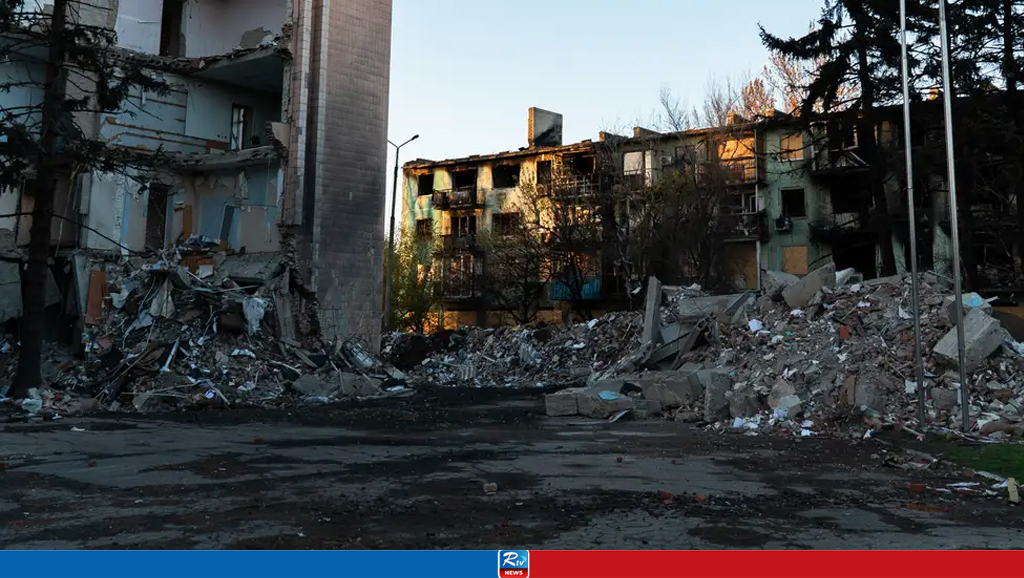
Kolkata Hospital Announces Not to Provide Treatment to Bangladeshis

Leavitt Named Youngest White House Press Secretary in History

China Discovers World's Largest Gold Deposit Worth $83 Billion
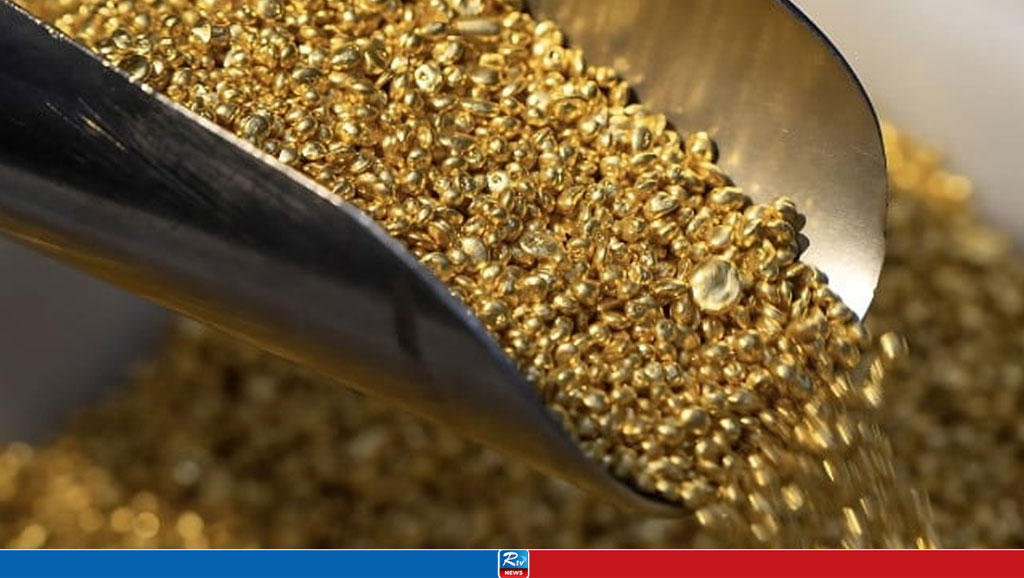
Taliban Overhaul Afghanistan's Education System
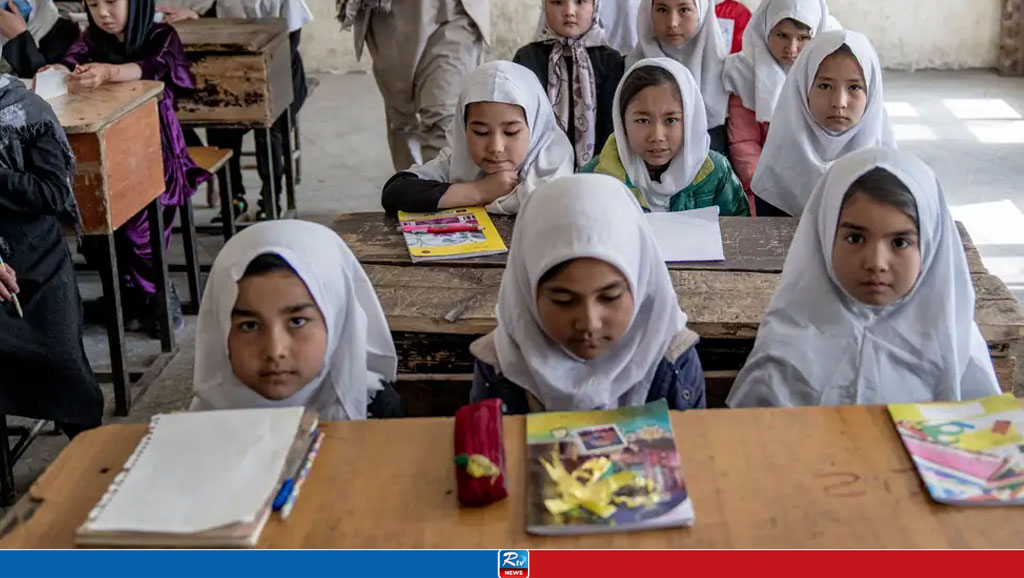
Microsoft Survey: India Tops the World in Spreading Misinformation
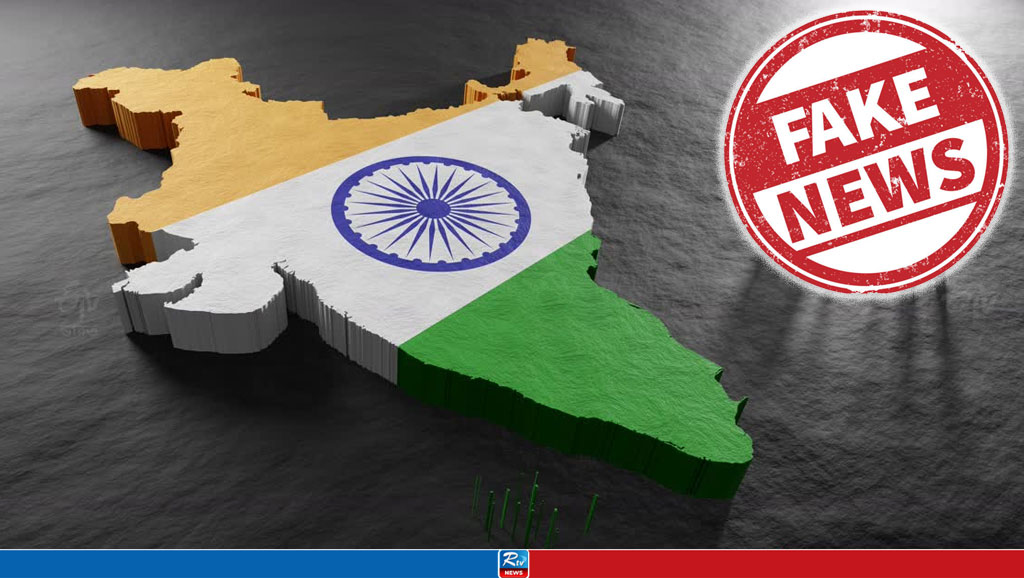

 Live Tv
Live Tv

